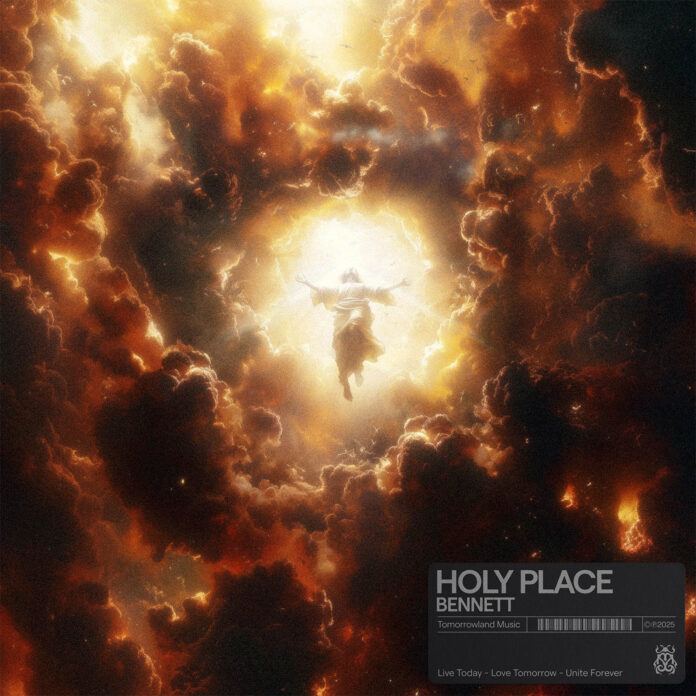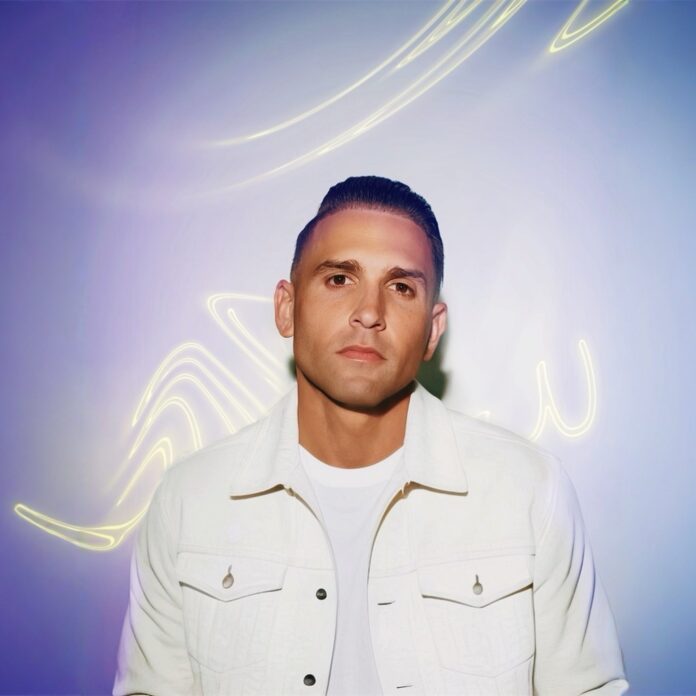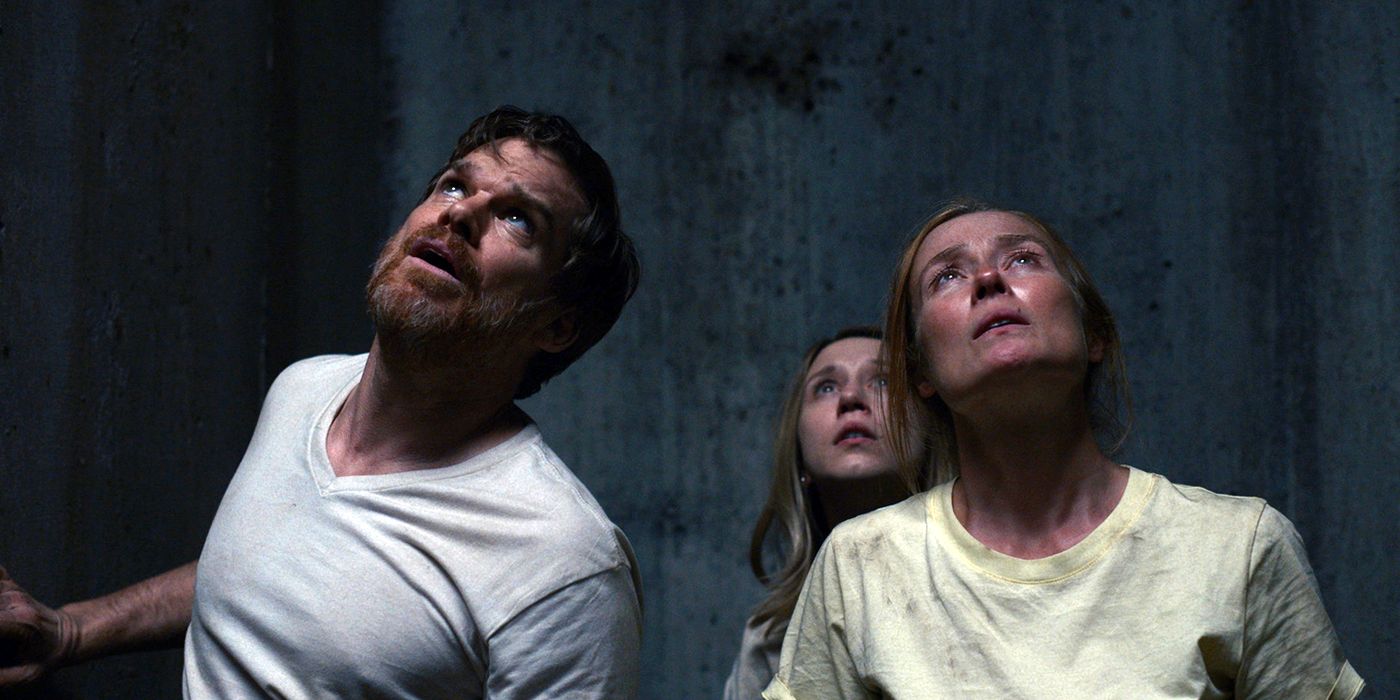Part of the 2020 Cannes Film Festival, director Pascual Sisto's John and the Hole is a psychological thriller that asks more questions that it answers. Dealing with themes of emptiness, freedom and adulthood, the film shows John following his every whim after he traps his family in an unfinished bunker. The concept isn’t the only weird thing about the movie because its ending is just as odd and off-putting as everything else.
Like the rest of his family, John (Charlie Shotwell) is living a surface-level and detached life at the beginning of John and the Hole. The 13-year-old is inquisitive, but not in a good way, asking questions like, “What does it feel like to be an adult?” It’s as if he’s skirting through life just to do so, but there’s a hole somewhere inside of him.
By this point, John’s family has been in the hole for nearly all of John and the Hole. His father Brad (Michael C. Hall) has flirted with madness as he understands what it means to be truly hungry. Sister Laurie (Taissa Farmiga) almost immediately knew that John was responsible while his parents had hoped otherwise. Even after the answer becomes clear, John’s mother Anna (Jennifer Ehle) is still more worried about her son’s well-being than her own. They have almost resigned themselves to dying when John drops a ladder down to them. Silently emerging from the hole, John is nowhere to be seen, so they go back to their house.
Upon arriving, they find John face-down in the pool. Suddenly terrified for John’s safety rather than his own, his father jumps into the pool to find that John is actually fine. It’s not the first time he’s played that game of bringing himself close to drowning just to see what he could see. Relieved, his family doesn’t say anything. They don’t even scold him for his actions. In fact, the next shot shows John and his family back at the dinner table like nothing ever happened, and once again, no one is speaking.
Perhaps the weirdest part of John and the Hole is that none of the questions that it poses are answered. It never really answers why John put his family in the hole -- whether he was mad at them or if he just wanted them out of the way. On the flip side, maybe his family realized their role in pushing John into what he did, or maybe they felt sorry for him after finding him in the pool. For that matter, it was probably better to pretend like nothing ever happened. Regardless, the film's ending puts everything back where it started. The freedom that John experienced didn’t accomplish what he wanted it to. So, monotony once again rules, and everything is empty and routine.




